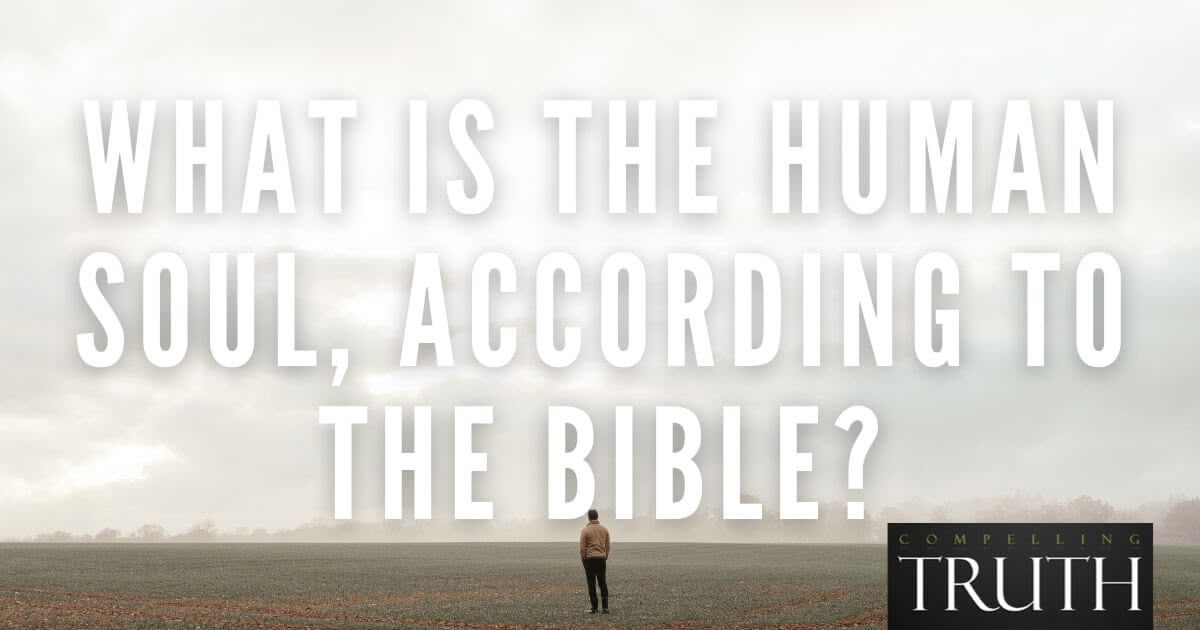The "breath of life" refers to the breath of God that transformed man from lifeless dust into a living being, as described in Genesis 2:7. This breath signifies a unique relationship with God. Humans are distinct from animals. Humans alone are created in God’s image (Genesis 1:26–27). God spoke animals into existence (see Genesis 1), but He formed the man out of the ground and breathed life into Him. He made the woman out of the man’s side (Genesis 2:4–25). The breath of life is the power and Spirit of God that sustains us in life and continues to animate our souls after death. Believers in Christ, endowed with this breath, will be resurrected and live eternally in the new heavens and earth, while unbelievers face judgment and eternal separation from God. Ultimately, our eternal destiny hinges on whether we trust Jesus Christ for salvation, the source of all life (John 1:1–4).
Humanity will be held responsible for their stewardship of the breath of life that God gave them. The breath of God is the power and life of God, His Spirit. This sustains us while we are living and gives life to our soul after death as well. After death, believers in Jesus Christ go to be with the Lord, while their bodies remain in the grave until the resurrection when they are given glorified bodies (2 Corinthians 5:6–8; 1 Thessalonians 4:13–17). This reunited body and soul will exist eternally in the new heavens and new earth (Revelation 21—22). Unbelievers, however, enter a temporary place of torment until their final resurrection and judgment (Luke 16:22–24; Revelation 20:11–15). At the final judgment, unbelievers are cast into the lake of fire, while believers enter eternal life with Christ. Ultimately, a person’s eternal destiny is determined by whether they have trusted in Jesus for salvation (John 3:36).
Jesus, who gave us the breath of life, has come so that all who trust in Him for the forgiveness of sins will be judged as righteous before God. John 1:1–4 says: "In the beginning was the Word, and the Word was with God, and the Word was God. He was in the beginning with God. All things were made through him, and without him was not any thing made that was made. In him was life, and the life was the light of men.” God is the source of life, and everyone who trusts in Christ for forgiveness and salvation can live with Him for eternity. Will you?




